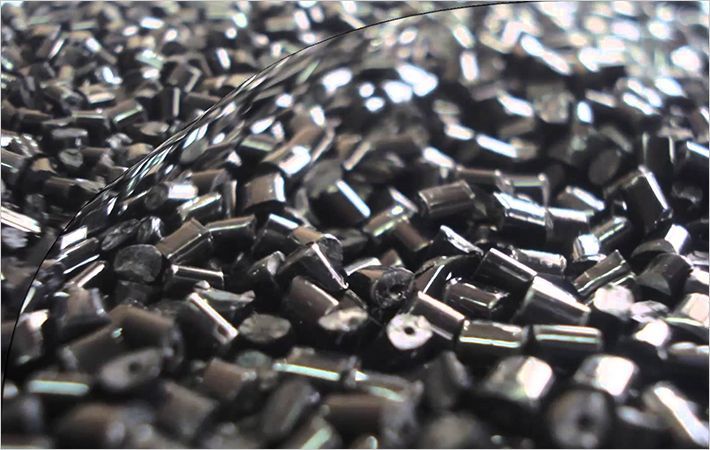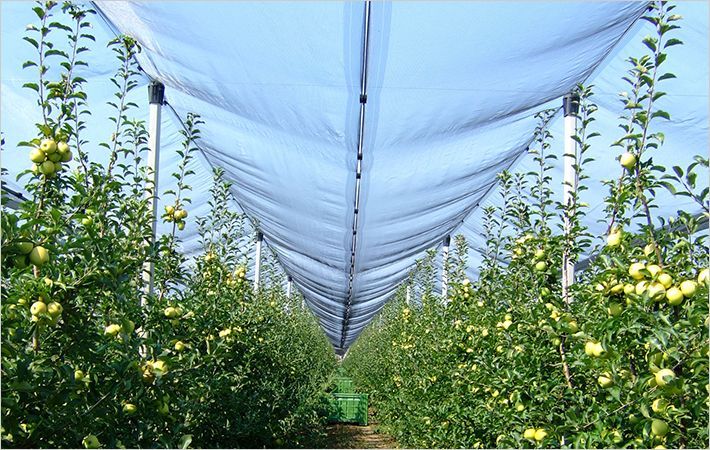Finance minister Pranab Mukherjee today unveiled the Union Budget for the financial year 2011-12 in the Parliament. The Union Budget 2011-12 aims to sustain economic growth, strengthen infrastructure, moderate the price rise, particularly of agricultural produce and reduce social imbalances through inclusive development.
Presenting the budget 2011-12, the Finance Minister Shri Pranab Mukherjee said that the budget is a transition towards a more transparent and result oriented economic management system in India.Finance minister Pranab Mukherjee today unveiled the Union Budget for the financial year 2011-12 in the Parliament. The Union Budget 2011-12 aims to sustain economic growth, strengthen #
The Finance Minister said that huge differences between wholesale and retail prices are at the expense of remunerative prices for the farmers and competitive prices for consumers.
Following are the salient points and proposals made by Mukherjee in his budget speech:
• For sustaining growth tax reform will continue with the Direct Taxes Code (DTC) to be operationalised from April, 2012 while a Constitution Amendment Bill is proposed to be introduced during the current session of Parliament as a step towards roll out of the Goods and Services Tax (GST).
• He said the introduction of DTC and GST will result in moderation of rates, simplification of laws and better compliance.
• Rs. 3000 crore will be provided to NABARD to help handloom weaver cooperative societies to become financially viable.
• A nominal 1 per cent central excise duty is being imposed on 130 items. The basic customs duty has been reduced from 30 to 5 per cent on raw silk, from 5 to 2.5 per cent on certain textile intermediates and from 7.5 per cent to 5 per cent on certain inputs for manufacture of technical fibre and yarn.
• For readymade garments and made-ups of textiles, the optional levy has been converted into a mandatory levy at a unified rate of 10 per cent. The levy would however, apply only to branded garments or made-ups and not to those tailored or made to order for a retail customer. Credit of tax paid on inputs, capital goods and input services would be available to manufacturers of these products. Export o these items would continued to be zero-rated.
• Excise tax on diapers and sanitary napkins reduced from 10% to 1%.
• Need to improve agricultural demand
• Next Budget will be more transparent
• Budget will set the tone for a vibrant Indian economy
• Taxes, tariff procudures will be simplified
• Economy expected to grow at 9%
• GST bill in current session
• Liberalisation of FDI policy
• Agricultural credit limit raised to Rs 4,75,000 crore
• Allocation for farm development increased to Rs 7,860 cr
• Revenue deficit is estimated at 3.4%
• Service tax to boost revenue by Rs 4,000 cr
• The fiscal deficit is estimated at Rs. 4,12,817 crore which works out to 4.6 per cent of the GDP.
• The minimum alternate tax rate has been hiked from 18 per cent to 18.5 per cent of book profits. Developers of Special Economic Zones as well as units operating MAT in SEZs have been brought under MAT.
• Tax benefit for investment in long term infrastructural bonds will continue for one more year. Income from foreign subsidiaries of Indian Company will now attract a lower tax of 15 per cent tax on dividends.
• Turning to indirect tax, the finance Minister said that there are 370 items that enjoy the exemption from Central Excise Duty but are chargeable to VAT. He proposed to withdraw the exemption on 130 of these items. The remaining 240 items would be brought into the tax net when GST is introduced.
Fibre2fashion

